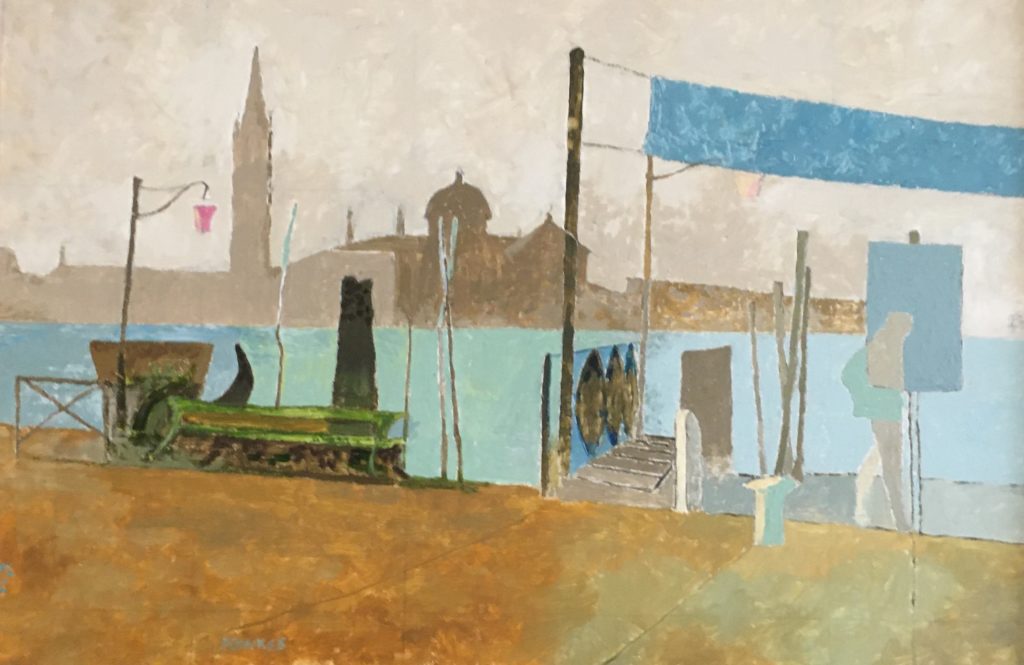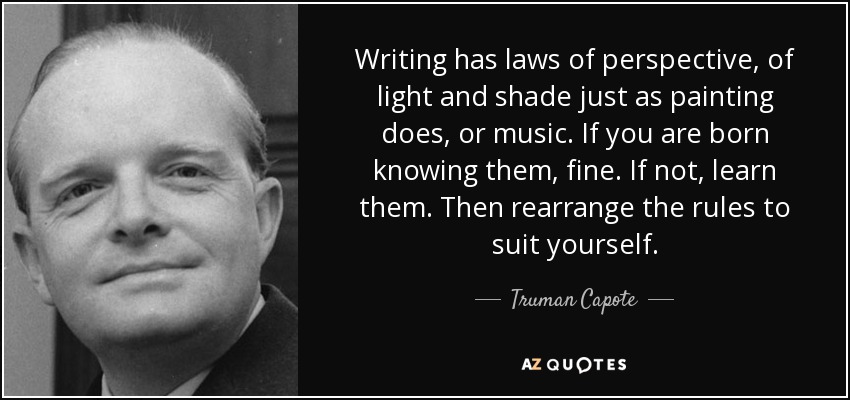Do you have contrast in your writing?
You’ve written a great description of your protagonist and given the reader enough detail so they have a definite image in their mind. You’ve given examples of how strong and capable and smart they are. You are pleased with your choice of words and how well you’ve crafted your sentences. But something is missing. It all feels a bit two dimensional. Why?
You’ve developed a brilliant piece of dialogue between two of your characters. Not only does it make clear each person’s point of view, it also moves the story on. But something is missing. It all feels a bit flat. Why?
They lack contrast.
What is contrast?
Contrast is all around us. We use it in our everyday language: good and bad, light and shade, now and then, ups and downs, black and white.
It reflects so succinctly just how many grey areas there are in life, how uncertain our world can be. Nothing is wholly one thing or the other.
My children teach me this on a daily basis. On the one hand they bring me the greatest joy, on the other they give me the biggest headache!
It’s no different in your writing. You need to share with your readers the complexities of your fictional worlds.
You need to demonstrate the strength and leadership of a king, but also the difficulty he has in making those all important decisions.
You’ve painted a picture of a beautiful green valley, the sun shining down. It is at odds with the thunderous mood of our character.
Why is contrast important?
In a nutshell, contrast in your writing add depth. It rounds out a character or a landscape of a piece of dialogue.
Today is Remembrance Day, also known as Armistice Day. This year marks the 101st anniversary since the end of the war.
It has prompted me to re-read my grandfather’s Second World War diaries, published many years after the war. In it I found wonderful examples of where he added contrast in his writing.
“Just now we live in mud and rain, blessing the rare sunny days, life could scarcely be more uncomfortable yet we laugh and yarn as though we were in a room full of students in Wantage, finished work for the night and gathered round a roaring fire for a midnight cup of tea.”
A Gunner’s Journal, 28 November 1943
David Reeve Fowkes, A Gunner’s Journal
My grandfather’s journal provides a blunt and honest account of his experience as a young man. It also illustrates that optimism and humour can loom above the most dark of situations.
“We travelled north – a beautiful day – when in the mountains the valleys looked vivid and green – the terraces fresh and the atmosphere crystal clear so that every detail… struck sharp on the eye. I looked at the earth as the early Italians did and was moved to such greatness, humility and clarity.”
A Gunner’s Journal, 28 November 1943
Despite the horror around him, David opened his heart to Italy’s language, food, geography, people, and most of all its art. It was a passion that lasted the rest of his life.

Light and shade
David’s experience shows you that in the stories you tell you must find those moments of light and shade. You put your protagonists through circumstances that challenge and change them. But it can’t all be dark and painful. Just as in real life humans find joy and laughter in the most unlikely of places.
You can push your characters to extremes to raise the stakes and build tension, but you must also add moments of relief. Otherwise you will discourage both your protagonist and your reader!
For example, someone tells a joke in the midst of a stakeout or something comic happens at the height of an argument. Perhaps there is a moment of tenderness in an otherwise brutal scene.
By adding this light and shade you help your characters and your readers to push through to the end. In the television world, Blackadder Goes Forth is the perfect reflection of just this. Soldiers laugh and joke in between battles, or relish a meal after a week of no rations.
Lest we forget
This being Remembrance Day I want end on a nostalgic note. As the years pass younger generations feel increasingly removed from what happened between 1914–18, and 1939–45.
I hope that as a nation we continue to commemorate what our grand- and great-grandparents did for us and allowing democracy in this part of the world to continue.
“for nearly 3 months I have lived on this gun position in the wood beside the Rome road… Then one day we saw buds on the trees – by the latrine I found a violet. In a week the world was young again – green and white and the blue sky beyond.”
A Gunner’s Journal, 8th May 1944
If you’re haven’t already then sign up to my newletter and I’ll send you my free short story, Before She Came Home.






